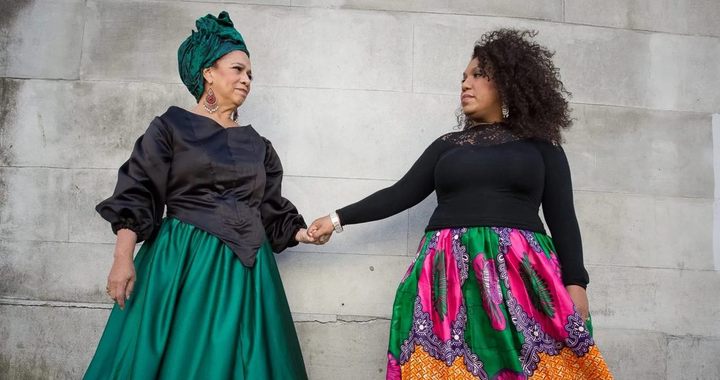
Meet the Black Divers, Bakers, and Truck Drivers Making History in 2023
From New Orleans’s unappreciated musical genius to the search for a lost shipwreck off Florida, we highlight our favorite Black History stories of 2023.
From bringing back forgotten operas to chasing elusive shipwrecks to celebrating the rebellious Black women behind revolutions, this year Atlas Obscura shared stories of excellence, bravery, and beauty in Black communities around the world.
The Hunt for an Elusive Florida Shipwreck That Killed 41 Enslaved People
by Karuna Eberl
A group decked out in scuba gear descends into the calm blue-green waters of Florida’s Biscayne National Park. The group, led by Ken Stewart, is mostly made up of Black divers. The search party is in pursuit of Guerrero, a ship that was carrying 561 captive Africans when it crashed on a stormy night in 1827, killing 41 enslaved people. The divers have spent years searching for the ship’s sunken remains. While they haven’t found it yet, the project is succeeding in uplifting the memory of those whose lives were lost, as well as the survivors. The work has also introduced scores of Black adults and youth to the underwater world of scuba diving, marine archaeology, and history.

The Untold Stories of the Women Who Led Slave Revolts
by Sarah Durn, Associate Editor
In this Q&A with historian Rebecca Hall, author of the graphic novel Wake: The Hidden History of Women-Led Slave Revolts, we learn about the women who shaped history by speaking out. Hall wants everyone to know that enslaved people often rebelled or resisted, and while each conflict isn’t remembered, they all played a role in ending the slave trade. Often, women were at the front of these revolts, leading the fight for freedom with perseverance and passion.
For Somali Immigrants, Trucking Life Echoes Traditional Nomadism
by Jamila Osman
In the 1970s, truck drivers in the United States were revered as modern-day cowboys. Now, the iconic American industry is facing labor shortages, and Somalis are one of several immigrant communities stepping forward to pick up the slack. A lifestyle of driving for days, weeks, and months on end isn’t all that different from the traditional nomadic way of life in Somalia, the drivers say. Instead of herding livestock with the seasons and packing up a household on a camel’s back, these drivers call the road and their semis home, finding community and camaraderie in Somali truck driver group chats.


How Communities Are Uncovering Untold Black Histories
by Line Sidonie Talla Mafotsing
Many old homes in New Hampshire have secret rooms, some of which may have been part of the Underground Railroad. But identifying these rooms is only one small part of sharing the often overlooked Black history of the region, says Jennifer Carroll, director of education at the Historical Society of Cheshire County. Carroll and her collaborators’ project, Recovering Black History in the Monadnock Region, uses census and historical records to unearth the names and forgotten stories of the Black individuals and families who lived in the region between the 18th and 20th centuries.
The Little Known History of World War II’s All-Black, All-Female Battalion
by Line Sidonie Talla Mafotsing
The contributions of the more than one million Black men and women who served in World War II were long overlooked and underappreciated. The all-Black, all-female 6888th Battalion—the only group of its kind to serve overseas in World War II—was one of the groups whose efforts were left out of the limelight. The battalion performed a crucial service, working through a backlog of mail to the front. Letters from home were vital for morale, but the system often got backed up. In three months, the battalion sorted seven million pieces of undelivered mail. By the end of their work, they’d sort over 17 million envelopes and packages. While there was no “Welcome Home” celebration for the “Six Triple Eight” battalion, they left their mark on the hearts of those who they reconnected during trying times.

Meet the West African Baker Reshaping French Pastry
by Diana Hubbell, Associate Editor
Amadou Ly has mastered the fine and finicky art of laminated brioches and baguettes. Ly wakes up far before the crack of dawn each day to fold delicate layers of butter into dough, resulting in a chewy middle with a perfectly flaky, melt-in-your-mouth crust. After growing up between Senegal and Togo, Ly came to the U.S. for school, but quickly found himself immersed in the culinary world. Through patience, passion, and many early mornings in his New York bakery, Ly has been rewarded with a line of customers streaming out the door of Amadou Ly Fancy Bakery every morning.
The Black Composers of New Orleans Opera Are Finally Getting Their Due
by Shoshi Parks
Opera company OperaCreole is on a mission to revive the underappreciated work of New Orleans’s 19th-century composers of color. Some of the works haven’t been performed on stage in over a hundred years. In 2025, the company plans to perform a 550-page production written by New Orleans’s own Edmond Dédé, who in 1857 became the first Black American to study at the prestigious Paris Conservatory of Music, and to compose a full opera—which he couldn’t get performed in his hometown.
Chasing Black Caesar, Southern Florida’s Notorious Pirate
by Karuna Eberl
Stories of a fearsome 18th-century pirate and his loot of buried gold persist today in south Florida’s Biscayne Bay, where he allegedly ambushed passing ships. While the stories capture the imagination, they might well be made up. Maritime archaeologist Joshua Marano and other experts are critical of the tall tales, pointing out historical inaccuracies. While Black Caesar may have been invented as a marketing tool, his story lives on in the region. Unfortunately, the legends have led to several keys being damaged by would-be treasure hunters. Now, some are calling for a historical marker devoted to Black Caesar to be buried as well.



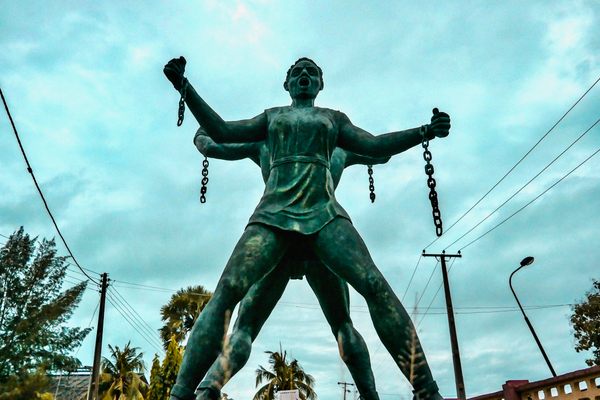


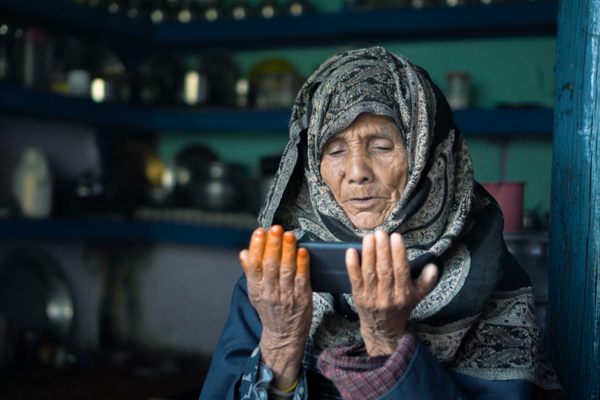
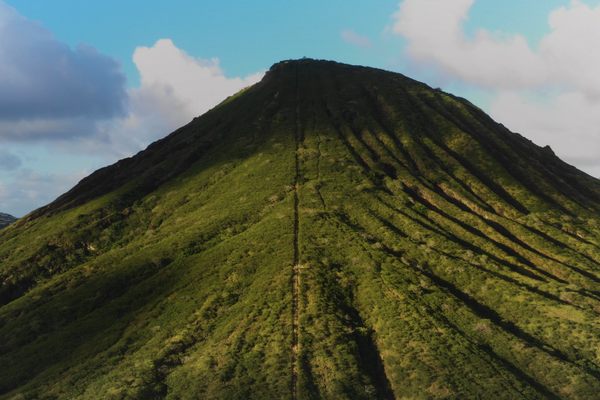
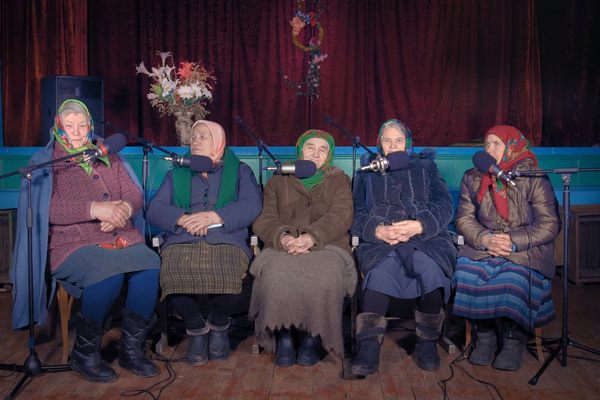













Follow us on Twitter to get the latest on the world's hidden wonders.
Like us on Facebook to get the latest on the world's hidden wonders.
Follow us on Twitter Like us on Facebook